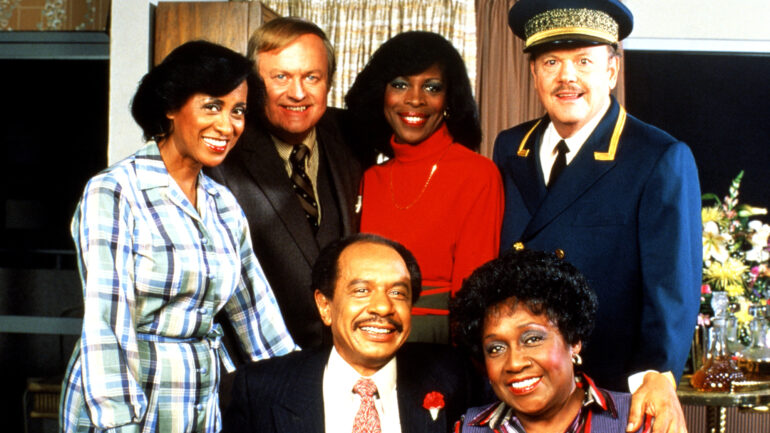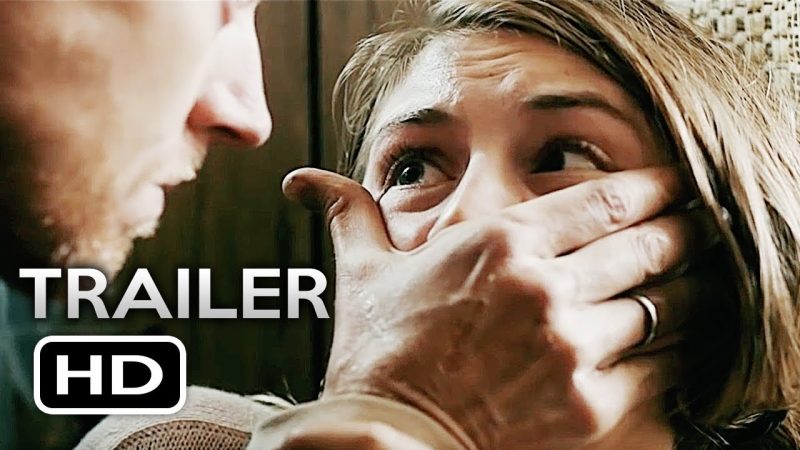A Cinematic Milestone: A Review of Easy Rider
Table Of Contents
Released in 1969, Easy Rider is a seminal film that captured the spirit of a generation and left an indelible mark on American cinema. Directed by Dennis Hopper, who also stars alongside Peter Fonda and Jack Nicholson, the film tells the story of two bikers, Wyatt (Fonda) and Billy (Hopper), as they embark on a cross-country journey in search of freedom and meaning.
A Revolutionary Narrative
Easy Rider broke away from conventional Hollywood storytelling, embracing a raw, improvisational style that mirrored the counterculture movement of the 1960s. The plot is deceptively simple: Wyatt and Billy, having made a small fortune from a drug deal, set out from Los Angeles to New Orleans for Mardi Gras, hoping to find America in its truest form. Along the way, they encounter a series of characters and communities that reflect the diverse, often divided, state of the nation.
Characters and Performances
Peter Fonda’s portrayal of Wyatt, also known as “Captain America,” is iconic. His calm, introspective demeanor contrasts sharply with Hopper’s more volatile and wild Billy. Together, they embody the yin and yang of the counterculture ethos—idealism versus hedonism. Jack Nicholson’s role as George Hanson, a lawyer who joins them on part of their journey, is a standout. Nicholson brings a poignant mix of humor and tragedy to his character, providing some of the film’s most memorable moments and insightful commentary on American society.
Visual and Auditory Innovation
One of Easy Rider’s most groundbreaking aspects is its visual style. Cinematographer László Kovács captures the American landscape in a way that had never been seen before. The sweeping vistas and intimate close-ups create a sense of both vastness and vulnerability, mirroring the internal journeys of the characters.
The film’s soundtrack is another revolutionary element, featuring contemporary rock music from artists like Steppenwolf, The Byrds, and Jimi Hendrix. The songs are not mere background music but integral to the narrative, enhancing the emotional and thematic depth of the scenes they accompany. The opening sequence, set to Steppenwolf’s “Born to Be Wild,” is a masterclass in using music to establish tone and character.
Themes and Impact
Easy Rider is rich with themes that resonated deeply with its audience at the time and continue to be relevant today. It explores the search for personal and societal freedom, the clash between counterculture and mainstream values, and the disillusionment with the American Dream. The film’s ending, shocking and abrupt, serves as a stark commentary on the intolerance and violence lurking beneath the surface of American society.
The impact of Easy Rider on the film industry cannot be overstated. It proved that low-budget, independent films could be commercially successful and artistically significant. The film’s success paved the way for a new wave of filmmakers in the 1970s, often referred to as the “New Hollywood” movement, which included directors like Martin Scorsese, Francis Ford Coppola, and George Lucas.
Easy Rider is more than just a film; it is a cultural artifact that captures a pivotal moment in American history. Its innovative approach to storytelling, character, and music, combined with its profound themes, make it a timeless classic. For anyone interested in the evolution of American cinema or the cultural landscape of the 1960s, Easy Rider is essential viewing. Its legacy endures, reminding us of the enduring power of film to challenge, inspire, and provoke.








